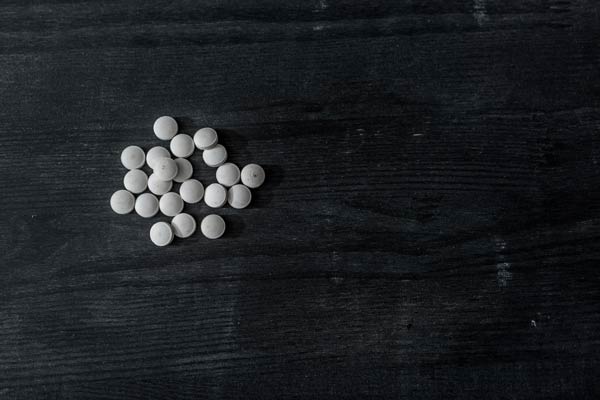Drugs and partying usually go hand in hand in popular culture. Cocktail parties fueled by alcohol and cigarettes, the “Summer of Love” in the 1960s powered by LSD, 70’s disco and cocaine, and raves or underground electronic music parties, which are associated closely with a wide range of synthetic drugs referred to as “club drugs.” Some of the most famous types of these club drugs are ecstasy and Molly, which can cause a host of dangerous health consequences. All of these drugs are still used to this day and it doesn’t have to associate with partying either. One that can get confusing due to its many slang terms is MDMA and Ecstasy, which was initially popular in the nightclub scene and at all-night dance parties (“raves”), but the drug now affects a broader range of people.
What is the Difference Between MDMA and Ecstasy?
There is no difference between the two besides MDMA being the scientific name and Ecstasy being the slang term, but MDMA is said to be purer. However, that’s not always the case as it’s often diluted with other substances or totally different stimulant-based substances are sold on the street but marketed by drug dealers as MDMA. MDMA or Ecstasy is chemically similar to stimulants and hallucinogens, producing feelings of increased energy, pleasure, emotional warmth, and distorted sensory and time perception. Such as on Ecstasy you may see colors and hear music differently, often making the experience more pleasurable. Ecstasy also increases feelings of empathy and closeness towards others. MDMA is a Schedule I medication according to the Drug Enforcement Agency (DEA), which indicates it has a high potential for abuse and addiction and no recognized medical usage. People who use Ecstasy usually take it as a capsule or tablet, though some swallow it in liquid form or snort the powder. The use of MDMA as based on data from the National Institute on Drug Abuse (NIDA), states that the activity of three of the brain’s chemical messengers are impacted and artificially increased:
- Dopamine—produces increased energy/activity and acts in the reward system to reinforce behaviors
- Norepinephrine—increases heart rate and blood pressure, which are particularly risky for people with heart and blood vessel problems
- Serotonin—affects mood, appetite, sleep, and other functions. It also triggers hormones that affect sexual arousal and trust. The release of large amounts of serotonin likely causes the emotional closeness, elevated mood, and empathy felt by those who use Ecstasy.
MDMA Withdrawal Symptoms Explained
The drug not only affects the brain chemically, but alters you physically and emotionally as well. The effects of MDMA may only last a few hours, leading individuals to take multiple doses, or use take a lot all at once, taking more than one dose back to back. When the MDMA wears off, individuals may experience a difficult “crash” or slight withdrawals. These symptoms can include:
- Fatigue
- Depression
- Anxiety
- Irritability
- Attention and memory issues
- Insomnia
- Hostility
- Mood swings
- Loss of appetite
- Paranoia
- Lack of motor control
- Mental confusion
- Panic attacks
- Depersonalization
- Psychosis
It is thought that just because the withdrawals from MDMA are not considered life-threatening like other drugs and its more mental than physical, then it must not be dangerous. This is far from true. Repeated use of MDMA can not only cause a dependency due to the fact of growing tolerance, but can also increase the chance of increased heart rate, panic attacks, anxiety, depression, confusion, seizure, dehydration, and kidney problems.
MDMA Abuse Treatment at Evoke Wellness at Cohasset
If you or a loved one is struggling with addiction, Evoke Wellness at Cohasset is here for you. Evoke Wellness at Cohasset provides men, women, and families with comprehensive, integrated care, geared towards setting a solid and lasting foundation for lifelong recovery from substance use disorders. Our facilities are staffed by experienced and compassionate professionals, including licensed therapists and psychiatrists, addiction specialists, and highly qualified support staff. Our team members are extremely understanding and treat each client with an unmatched level of respect. Start healing today.




